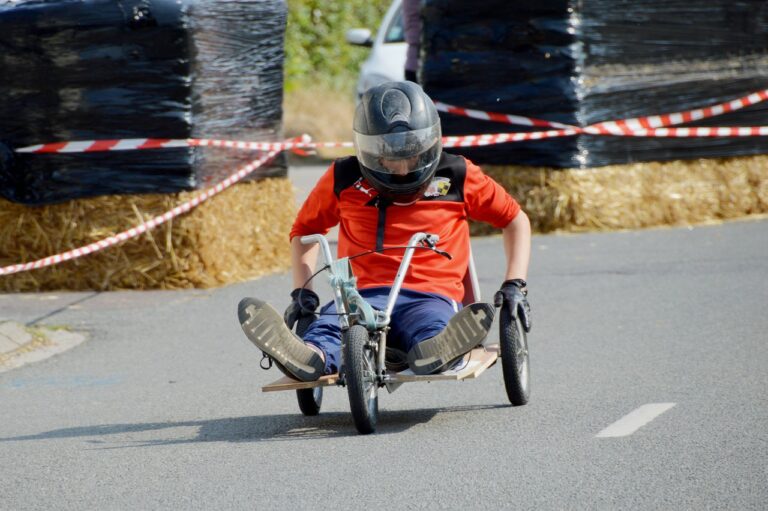E-Sports and Online Gaming Addiction: Recognizing Signs and Providing Support
laser247 register, lotus3655, sky247login:E-Sports and Online Gaming Addiction: Recognizing Signs and Providing Support
In today’s digital age, online gaming has become a popular form of entertainment for people of all ages. With the rise of e-sports, competitive gaming has also gained significant traction in recent years. While gaming can be a fun and enjoyable pastime, it’s essential to recognize the signs of addiction and provide support to those who may be struggling.
Recognizing the Signs of Online Gaming Addiction
Like any other addiction, online gaming addiction can have significant negative impacts on individuals’ lives. Some common signs of online gaming addiction include:
1. Preoccupation with gaming: Spending excessive amounts of time thinking about gaming and feeling restless when not playing.
2. Loss of interest in other activities: Neglecting responsibilities, hobbies, and relationships in favor of gaming.
3. Withdrawal symptoms: Feeling irritable, anxious, or depressed when unable to play games.
4. Lack of control: Difficulty limiting the amount of time spent gaming and unsuccessful attempts to cut back.
5. Continued use despite negative consequences: Persisting in gaming despite experiencing negative effects on physical health, mental well-being, or interpersonal relationships.
6. Escapism: Using gaming as a way to escape from real-life problems or stressful situations.
Providing Support for Those Struggling with Gaming Addiction
If you or someone you know is showing signs of online gaming addiction, it’s crucial to seek help and support. Here are some steps you can take:
1. Acknowledge the problem: Recognize that gaming addiction is a real issue that requires attention and intervention.
2. Encourage open communication: Create a safe space for discussing feelings, concerns, and struggles related to gaming addiction.
3. Seek professional help: Consult with a mental health professional or addiction counselor for guidance and support.
4. Establish healthy boundaries: Set limits on gaming time and prioritize other activities that promote overall well-being.
5. Encourage balance: Encourage diversifying hobbies and interests to reduce the reliance on gaming as the sole source of entertainment.
6. Offer emotional support: Be compassionate, understanding, and non-judgmental towards individuals struggling with gaming addiction.
FAQs
1. Is online gaming addiction a real condition?
Yes, online gaming addiction is recognized as a legitimate mental health disorder by the World Health Organization (WHO) and other medical authorities.
2. Can online gaming addiction be treated?
Yes, online gaming addiction can be treated with counseling, support groups, and other therapeutic interventions.
3. How can I help a loved one who is addicted to online gaming?
Support your loved one by encouraging open communication, seeking professional help, setting boundaries, and offering emotional support.
In conclusion, while online gaming can be a fun and rewarding activity, it’s essential to recognize the signs of addiction and provide support to those in need. By acknowledging the problem, seeking help, and promoting healthy habits, individuals can overcome online gaming addiction and enjoy a more balanced lifestyle.







